I pay my bills by ghostwriting Internet articles. This morning while my youngest son prepared for school I was doing some preliminary research for my first article of the day. It concerned the microcredit revolution begun in Bangladesh by Muhammad Yunus and Grameen Bank, and how microcredit is now being implemented in America to help low-income entrepreneurs start or continue their businesses.
I read a few articles, and then I took a break to walk my son partway to school. I don’t really have to do it; the school is close and he is well able to go the distance alone, but we enjoy the walk together in the morning. It was beautiful outside. The air still held a hint of coolness but the sun was warming things up. Birds were singing and the colors of the early summer grass, trees, and flowers were sharp and clear. My son turned off towards his school and I turned off another direction to do a bit of shopping, and I was walking along and it suddenly hit me with the force of a revelation how similar microfinance for small businesses and self-publishing were.
To explain, let me give you a little background. Muhammad Yunus started off by giving miniscule loans out of his own pocket to village women to help them buy materials to make and sell their products. He secured bank backing and later founded his own bank on the principle of financial inclusion of the poor. Even tiny amounts of money helped the poor get something started. In developing countries as little as one hundred dollars can get a business going and lift a household from abject poverty. Previously, since the big banks wouldn’t consider helping them, the only way the poor could get financing was to go to money lenders that would charge exorbitant rates of interest. This, of course, kept the poor in destitution.
The situation is little different in the United States, which accounts for the success of Grameen America, the U.S. version of Yunus’s microcredit bank, in helping low-income entrepreneurs in the United States get started in business. The institution accepts anyone with a business plan. No collateral is needed, nor does a prospective borrower need to be a legal resident. In other words, it gives hope to anyone, even those who previously had no hope. It offers a chance to secure a loan even to someone with a low or nonexistent credit score.
What does microfinance have to do with indie publishing? Simply this – just as Muhammad Yunus created an economic model that makes it possible for previously ostracized low income entrepreneurs to get a start in business, so have programs such as Kindle self-publishing, Smashwords, CreateSpace and so on created opportunities whereby previously ostracized artists can display their work to potential readers in a viable marketplace. The big publishers are like the big bankers, shutting out all but a tiny percentage of writers, the supposed elite. These self-publishing platforms, on the other hand, have opened the gates wide to all artists who are willing to craft their work and package it to the proper specifications. And unlike the vanity presses, which are like the criminally rapacious moneylenders who suck the lifeblood of the poor, these legitimate self-publishing platforms enable artists to display their work for free, and only ask a small percentage of profits in return.
Self-publishing is as profound a revolution in the literary arts as microfinance was in economics. No longer are artists at the mercy of and subject to the whims of the big publishing houses or the bloodsucking vanity presses. There are alternatives through which artists can work.
How can anyone fault those who had the foresight to create such outlets for artists – artists who were previously smothered by the artificial constraints placed upon the market by big business? To criticize self-publishing efforts is tantamount to criticizing a fruit vendor standing by the side of the road in a developing country for not selling her produce in a supermarket. The supermarket won’t accept her goods anyway, and take that roadside privilege away and her family starves to death.
Sometimes the amounts are as small as those in developing countries as well, but that does not negate their value. Amazon pays writers at the end of the month, regardless of the amount accumulated. I have received deposits into my account of less than a dollar for a digital short story bought in Germany or Mexico or Japan. That is significant for me. That means that a reader somewhere far away cared enough to buy and read my words. You have to start somewhere.
For his efforts, Muhammad Yunus received the Nobel Peace Prize in 2006. And in 2010, the United States Congress awarded him a Congressional Gold Medal. As far as I am concerned, people like Jeff Bezos, the CEO of Amazon, and Mark Coker, the founder of Smashwords, should receive comparable awards for their contributions to the literary arts in creating free publishing platforms and a means of potential profit for artists around the world. So far, self-publishing has largely focused on popular genre literature, but I believe that as more and more writers see self-publishing as the open platform that it is for the free expression of literary effort, it will give rise to great masterpieces of literature the like of which the world has never seen.


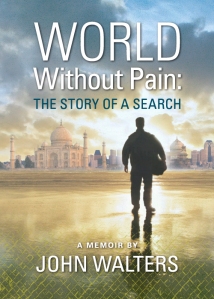






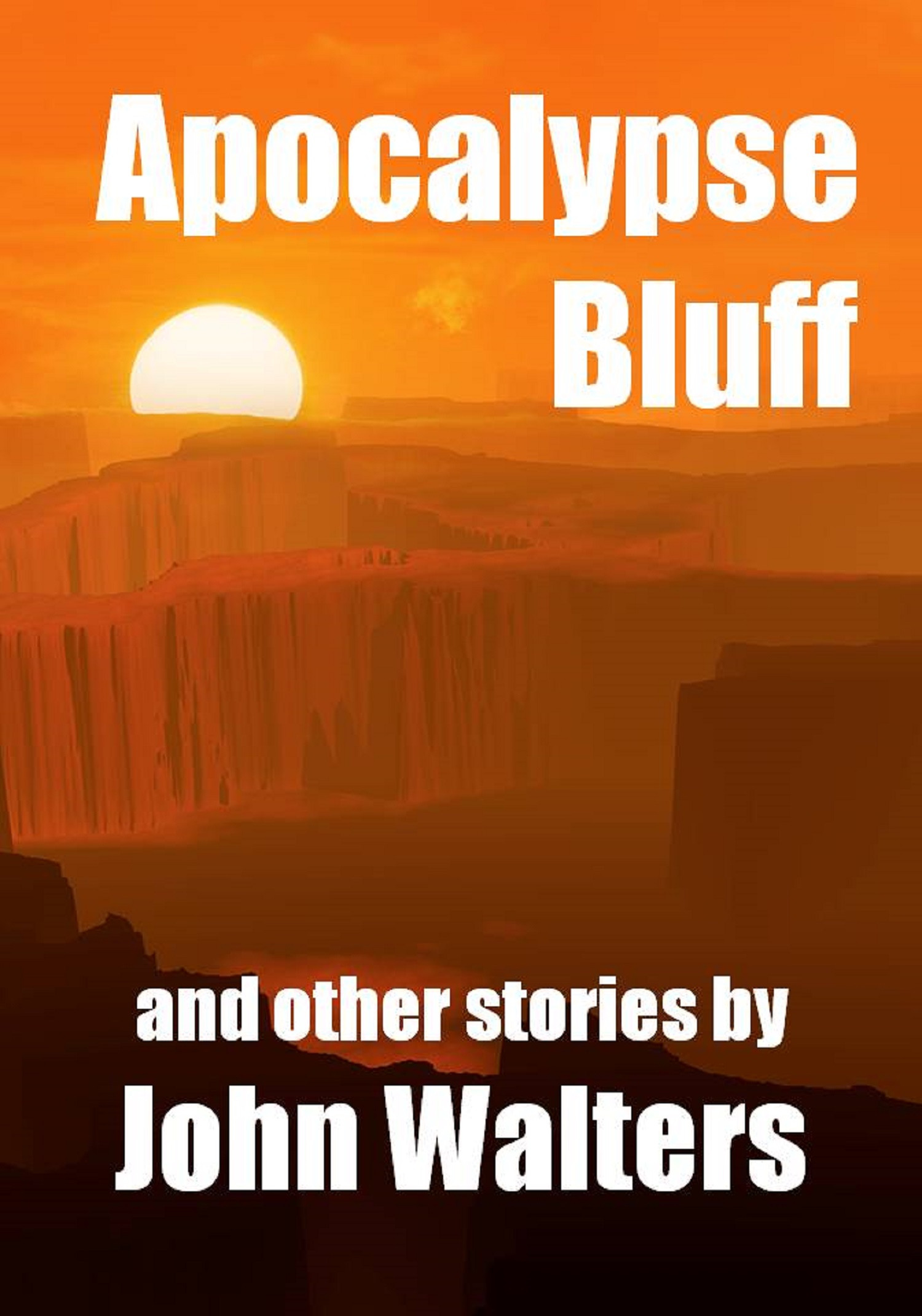

















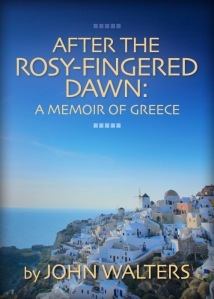



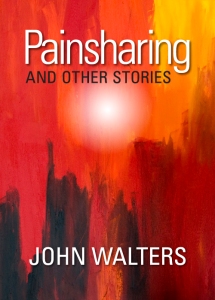
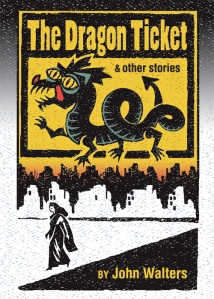
I saw your comment on the Passive Voice and tracked you down. Great article. I think you’ll find many authors in agreement.
Interesting analogy, John. I like that. There are a lot of comparisons between entrepreneurship and indie publishing and this is one of them.
Reblogged this on e-poetry/d-lights and commented:
Food for thought…
Pingback: Microfinance and Indie Writers | The Passive Voice | A Lawyer's Thoughts on Authors, Self-Publishing and Traditional Publishing